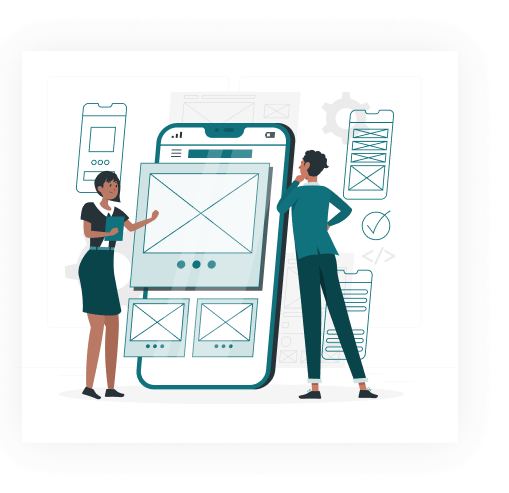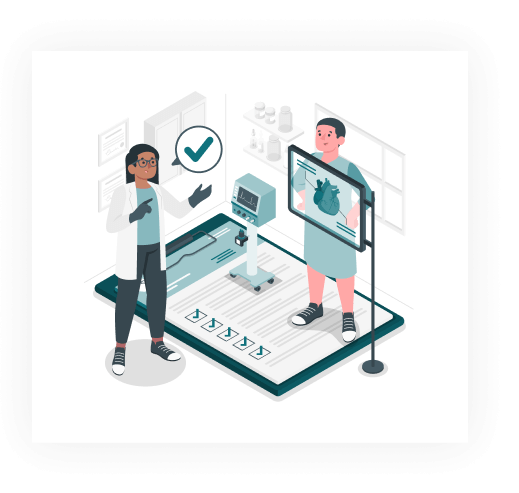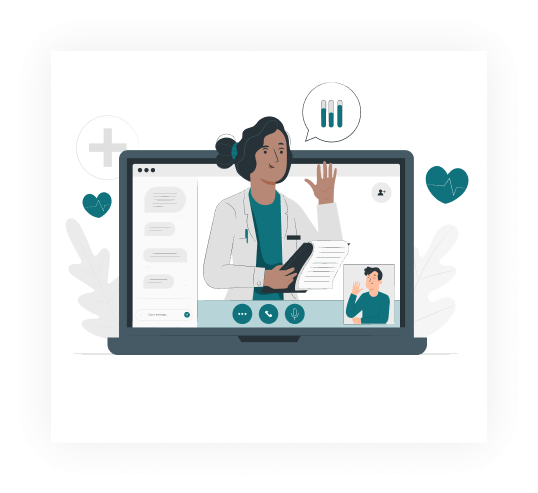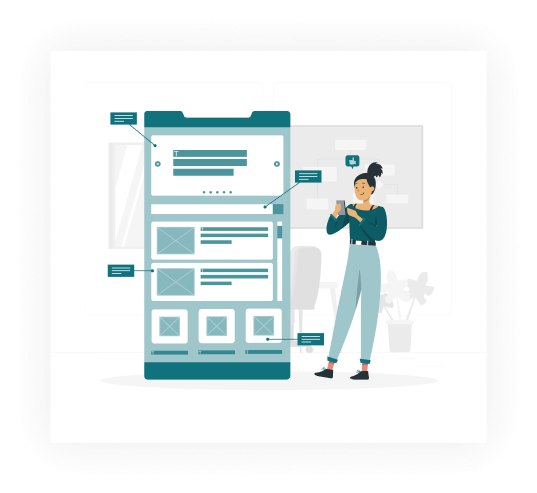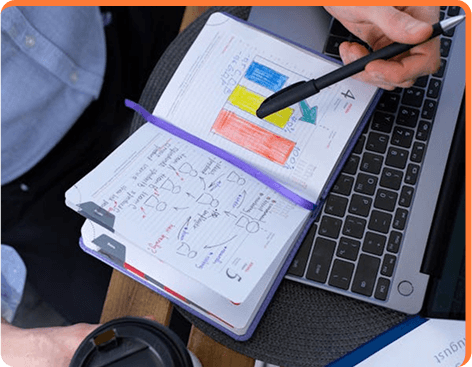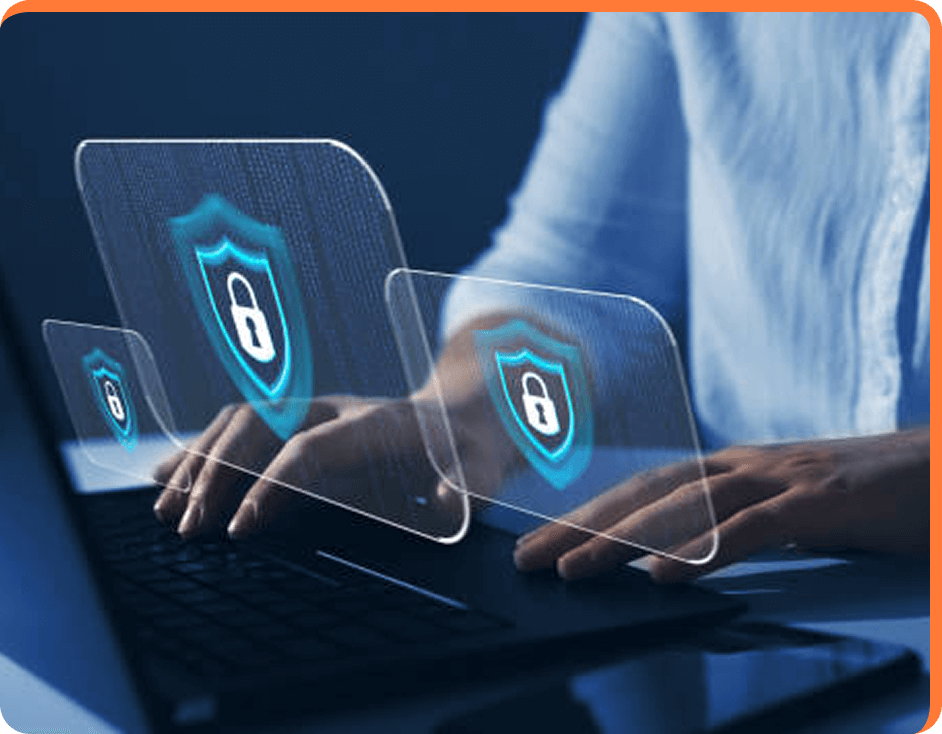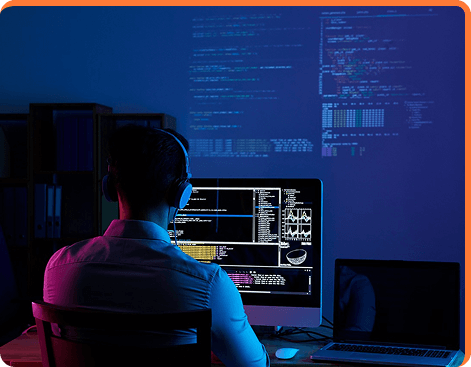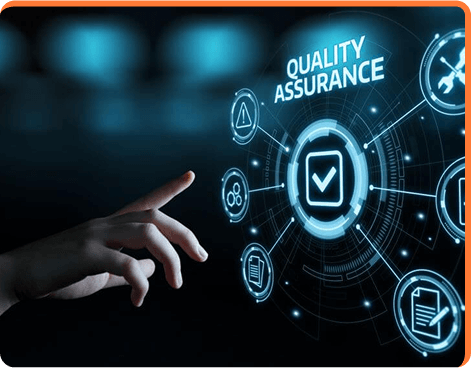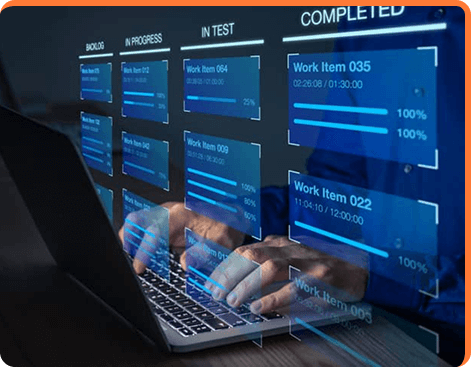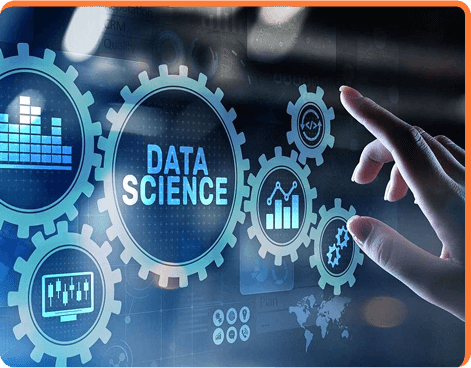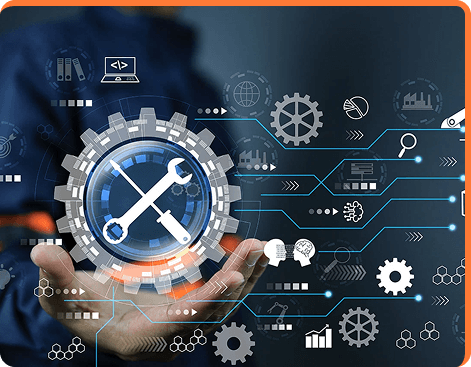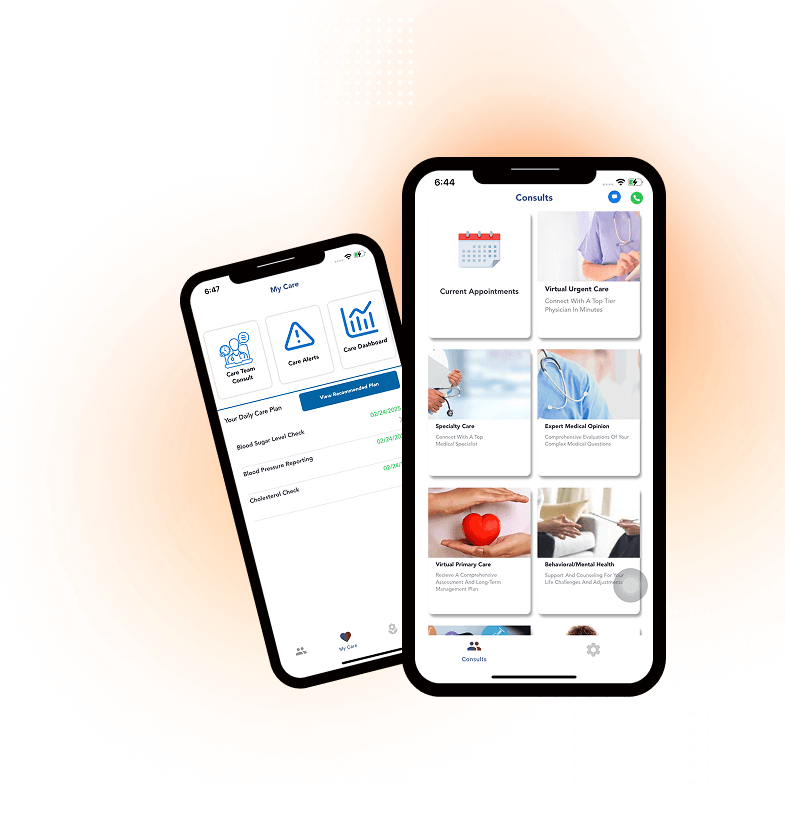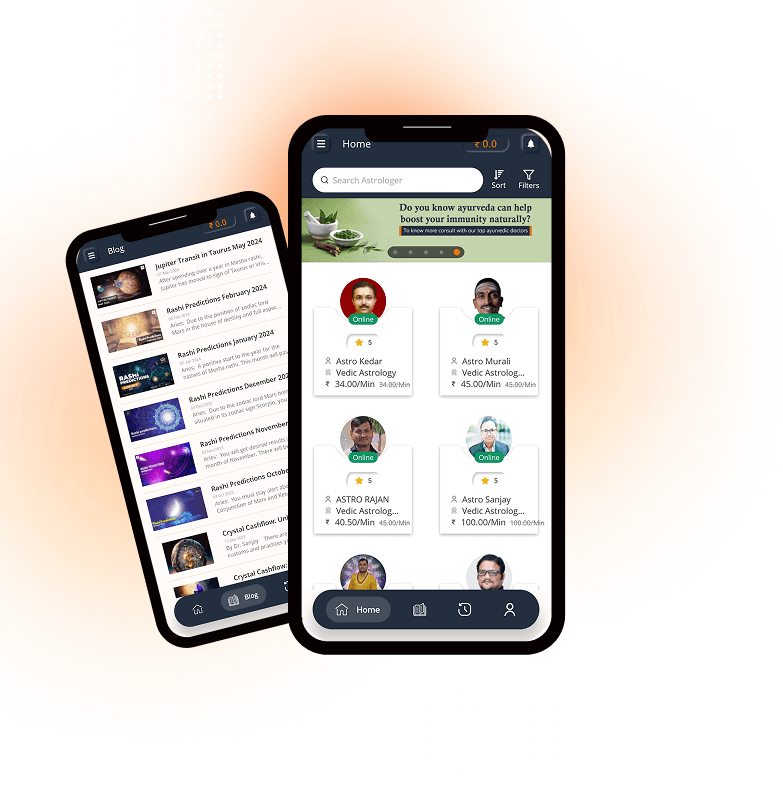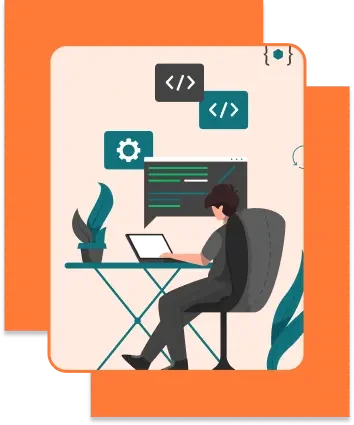5. Custom Telemedicine Solutions for
We design apps tailored to women’s health, focusing on:
Offer seamless remote consultations for skin conditions with high-definition video and image-sharing features to enhance diagnosis and patient care.
Empower cardiologists with real-time ECG monitoring, virtual follow-ups, and data integration to provide continuous and personalized cardiac care.
Enable cancer care teams to offer remote consultations, treatment planning, and post-therapy monitoring with advanced telemedicine technology.
Streamline home nursing services through virtual visits, care plan coordination, and real-time reporting for enhanced patient outcomes.
Facilitate guided therapy sessions with video demonstrations, progress tracking, and one-on-one virtual coaching for faster recovery..
Provide neurologists with advanced tools for remote diagnosis, follow-ups, and management of neurological conditions with integrated imaging and patient data.
Simplify routine check-ups with secure video consultations, e-prescriptions, and patient health record access for continuous care.
Enhance emergency and critical care through on-demand video consultations, rapid diagnosis tools, and seamless care team collaboration.
Provide personalized rehab programs with virtual sessions, progress assessments, and patient motivation tools for better recovery outcomes.
Improve senior care with remote health monitoring, medication reminders, and family caregiver integration for holistic support.

 Back
To Agicent
Back
To Agicent













